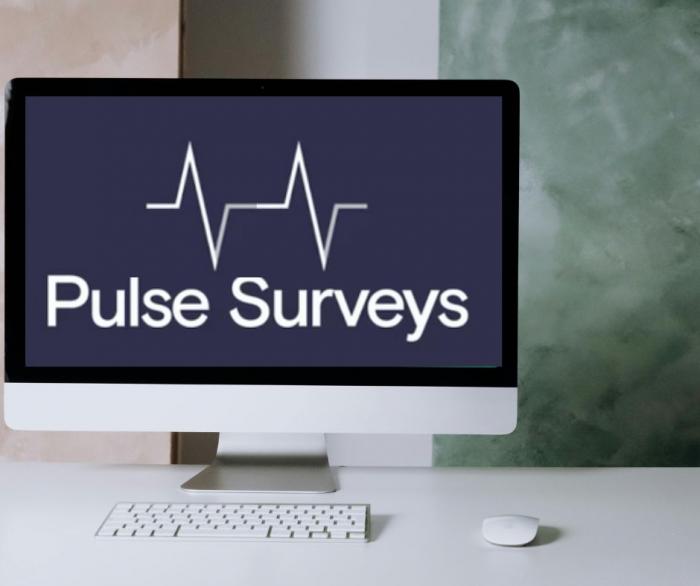Improve Employee Training with Effective Surveys
 Employee training and development are crucial for enhancing performance, boosting engagement, and fostering career growth. However, without the right tools to evaluate and refine these programs, their effectiveness can be hit-or-miss. Surveys offer a powerful solution to this challenge, providing data-driven insights that can significantly improve your training initiatives. Here’s how you can use surveys to elevate employee training and development
Employee training and development are crucial for enhancing performance, boosting engagement, and fostering career growth. However, without the right tools to evaluate and refine these programs, their effectiveness can be hit-or-miss. Surveys offer a powerful solution to this challenge, providing data-driven insights that can significantly improve your training initiatives. Here’s how you can use surveys to elevate employee training and development
How to use surveys in employee training
1. Identify Training Needs
The first step in creating effective training programs is identifying what your employees need to learn. Surveys can be used to gather insights directly from employees on areas they find challenging or where they want to develop. This helps organizations avoid a one-size-fits-all approach and instead tailor training programs to address specific skill gaps.
Sample Survey Questions:
- What skills do you feel you need to improve on to perform better in your role?
- Are there any tools or technologies you would like training on?
- How confident do you feel in your current job responsibilities?
2. Measure Training Effectiveness
Once a training program has been implemented, it’s vital to assess its impact. Pre- and post-training surveys can help measure the effectiveness of the program by identifying the knowledge gained and any remaining areas of improvement. These surveys allow you to quantify the benefits of the training and determine whether it’s meeting its objectives.
Sample Survey Questions:
- On a scale of 1-10, how well did the training address the skills you need for your role?
- How confident are you in applying the skills learned in your day-to-day job?
- What additional resources or support would be helpful following the training?
3. Gather Feedback on Training Quality
Employee feedback is invaluable when evaluating the quality of your training sessions. Surveys can help collect input on various aspects, including the content's relevance, the trainer's effectiveness, and the overall learning experience. This feedback can then be used to improve future training programs.
Sample Survey Questions:
- How satisfied were you with the quality of the training content?
- Was the training delivered in a way that was easy to understand?
- What could be improved in future training sessions?
4. Monitor Employee Engagement
An engaged employee is a more productive employee, and this applies to training sessions as well. Surveys can help gauge how engaged employees are during training and whether the training methods suit their learning preferences. For instance, you might find that some employees prefer hands-on learning, while others prefer digital resources.
Sample Survey Questions:
- How engaged did you feel during the training session?
- Do you prefer online or in-person training?
- Was the training environment conducive to learning?
5. Facilitate Continuous Development
Training isn’t a one-time event but a continuous process. Regular surveys allow you to track how well employees are applying their newly acquired skills and whether additional training or support is needed. This continuous feedback loop helps maintain a development-focused culture and ensures long-term growth.
Sample Survey Questions:
- How well have you been able to apply the skills learned in training?
- What challenges have you faced in implementing your new skills?
- Do you feel that ongoing training would benefit your role?
Conclusion
Surveys are an effective tool for enhancing employee training and development, providing valuable insights at every stage of the process. From identifying needs to measuring effectiveness, gathering feedback, and ensuring continuous development, surveys help create training programs that are more engaging, personalized, and impactful.
By incorporating surveys into your training strategy, you not only improve the quality of your training programs but also foster a culture of continuous learning and development that can drive both individual and organizational success.


